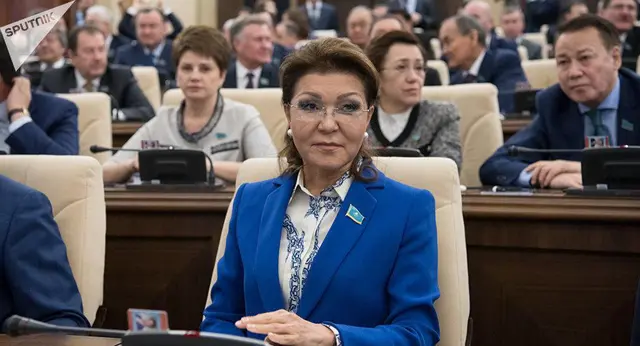Senior officials of Chinese and Indonesian consortiums signed an agreement here on Friday to launch a joint venture for a high-speed railway linking Jakarta with West Java provincial capital of Bandung.
The deal was signed by Chairman of PT Pillar Sinergi BUMN Indonesia Sahala Lumban Gaol and Yang Zhongmin, chairman of China Railway Co. Ltd. at a ceremony attended by Chinese Ambassador Xie Feng.
The 5.5-billion-U.S. dollar project will be conducted on business to business basis, in which the Indonesian side controls 60 percent of the joint venture's stake, while the Chinese partner controls the remaining 40-percent share.
"This is a brand new episode in Indonesia, particularly in transportation project as it will further boost economic activities in areas along the corridor served by the high-speed train that eventually contribute to the national economic growth," Sahala said.
The high-speed train, which will stop at four stations between Jakarta and Bandung, is expected to travel at a speed of between 200 to 250 km per hour.
Speaking at the signing ceremony, Ambassador Xie said the high- speed railway would be China's first overseas project entirely with Chinese technology and the largest investment value.
"The high-speed railway connecting Jakarta and Bandung is resulted from the agreement of both countries' leaders upon the need to synergize strategies to attain higher growth," he said.
The project was part of the two countries' initiatives to materialize "the 21st century Maritime Silk Road" and "World's Maritime Axis" through pragmatical cooperation between Indonesia and China in various sectors.
The ambassador pointed out that it would serve as an Indonesia- China model of cooperation that is mutually beneficial to both countries.
The 150-km railway is the first transportation project in Indonesia conducted solely on business basis and without any fund from the government's budget.
Construction of the railway will largely be financed by China Development Bank with a 40-year loan and a grace period of 10 years.
Sahala expected the Indonesia-China joint venture to expand its service to similar projects in Southeast Asia and Middle East in the future.
The Chinese partner was also willing to provide transfer of technology (TOT), which would build facilities to produce high-speed trains in Indonesia and supply them to new markets served by the joint venture, he added.
The Indonesian consortium was joined by four state-run firms comprised of PT Wijaya Karya, PT Jasa Marga, PT Kereta Api Indonesia and PT Perkebunan Nusantara VIII.
 简体中文
简体中文




